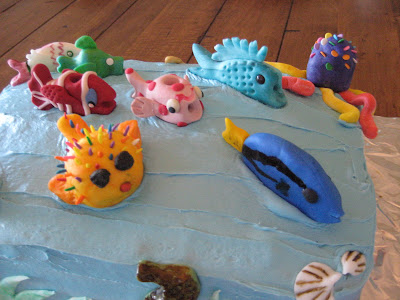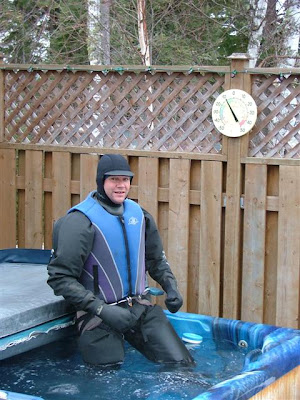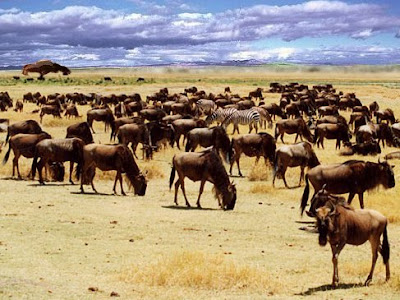January 2, 1901
Admitting Physician
Whitehorse General Hospital
Whitehorse, Yukon Territory
Dear Sir:
RE: McGee, Samuel Date of birth: May 1, 1868
Thank you for asking me to assess Mr. McGee, whom I interviewed on January 15, 1901, at the marge of Lake Lebarge. The following is my report.
Identifying data: This 31-year-old Caucasian, single, unemployed, right-handed, heterosexual miner was referred for psychiatric assessment after claiming to be impervious to extreme heat.
Chief complaint: "Shut the door, you're letting in the cold air."
History of present illness: Mr. McGee suffered a severe case of hypothermia whilst travelling by dogsled from Dawson City to Whitehorse earlier this winter. His companions believed him to have expired and, as instructed, proceeded to cremate his last remains in the boiler of an abandoned ship on the marge of Lake Lebarge some 50 miles north of here. After some time they decided to investigate and discovered Mr. McGee to be alive and in good spirits within the boiler, surrounded by flames. He maintained that he was feeling warm and comfortable and demanded that they close the boiler door because it was drafty and the cold air was causing him distress. As it was too hot inside the boiler for his companions to enter, they called upon the Northwest Mounted Police for assistance, who in turn contacted the Whitehorse Mental Health Unit, and a psychiatric assessment was requested.
Prior psychiatric history: Unknown.
Medical history: Cold intolerance is described, along with lack of sensitivity to heat.
Medications and allergies: Unknown.
Alcohol and nonprescribed drug usage: Social circumstances are consistent with possible alcohol abuse in the previous year, but no collateral information is available. Nonprescribed drug usage unknown.
Family psychiatric history: Unknown in the absence of collateral information.
Personal and social history: Mr. McGee is originally from Plumtree, Tennessee, and came to the Yukon at the time of the 1898 gold rush. His educational level is unknown, though he is literate, so presumably he has had some elementary level schooling. It is believed that he had a female partner back home, but there has been little or no contact for a number of years. His success at gold mining has probably been limited, given that he was returning home in penurious circumstances at the time of the incident leading to the present assessment. Social activities and religious beliefs are unknown.
Mental status examination: He presented as a tall, thin man with a bushy black beard looking older than his stated age and wearing a singed checkered shirt and red braces. His voice was gruff and rapport was poor, as the interview was conducted by shouting in the midst of a roaring fire. His affect was irritable, but there did not appear to be any indication of mood elevation or depression. No psychotic features were noted in the mental content aside from the idiosyncratic conviction that he was feeling cold due to the open boiler door. He appeared to be cognitively intact, but insight and judgement must be considered to be limited given the milieu. In the circumstances, I was unable to form an opinion regarding his character structure such as personality traits, needs and defences.
Preferred diagnosis: Delusional disorder, somatic type.
Summary and formulation: This 31-year-old unemployed miner was assessed on the marge of Lake Lebarge at the request of the Northwest Mounted Police, who were notified of bizarre behaviour with abnormal heat tolerance. An interview conducted at the site was of limited value because of his inability to sustain an ongoing conversation with the boiler door open, owing to his idiosyncratic conviction that he was feeling cold from the draft. I, on the other hand, was unable to sustain the interview in his milieu because of the extreme heat. This man appears to suffer from a delusional disorder related to his misperception of the ambient temperature. His conviction is judged to be of delusional degree given that his companions and others have been unable to reason with him to accept the normal Yukon winter temperature for his surroundings.
Treatment plan / recommendations: Because Mr. McGee is placing himself at risk for tissue damage by virtue of his refusal to accept a reasonable thermal environment, I recommend that he be apprehended, committed under the Mental Health Act of the Yukon Territory and conveyed to Whitehorse General Hospital for psychiatric observation. All measures should be taken to ensure he is kept warm during transport. On arrival, thyroid studies should be undertaken, the cold intolerance being suggestive of hypothyroidism. Meanwhile, sedatives may be given to assure a calm patient during his removal from the boiler and transportation to Whitehorse.
Thank you again for asking me to see this unusual patient. I remain
Sincerely yours,
E. van Beetfield, MD
Whitehorse, Yukon Territory
 Dr Beetfield views the abandoned Alice May trapped in the ice of Lake Lebarge
Dr Beetfield views the abandoned Alice May trapped in the ice of Lake Lebarge























